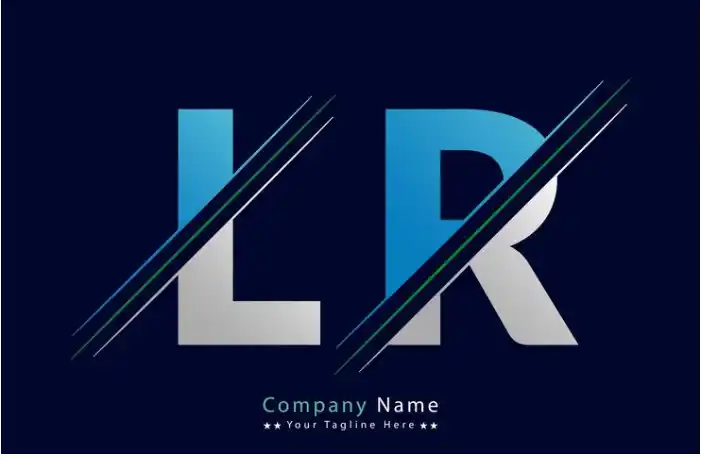In the world of language research and technology, there’s one acronym that stands out as both a cornerstone and a driving force for innovation: LREC. Standing for Language Resources and Evaluation Conference, LREC serves as a prominent event and platform for linguists, technologists, and researchers working in the fields of natural language processing (NLP), computational linguistics, and artificial intelligence (AI). But what exactly is LREC, and why is it so important?
What Is LREC?
LREC is an international conference that gathers experts and enthusiasts to discuss and present research related to language resources, tools, and technologies. It primarily focuses on promoting advancements in language technology and evaluating resources for various languages around the world. The conference is organized by the European Language Resources Association (ELRA), a non-profit organization that supports the development and sharing of language resources.
Since its inception in 2000, LREC has been held every two years, and it serves as a key venue for academic researchers, industry professionals, and organizations to meet, exchange ideas, and discuss the latest trends in language technology. The event also emphasizes the importance of multilingualism, making it crucial for the development of language technologies that can operate across diverse linguistic landscapes.
Key Focus Areas at LREC
The conference typically covers a broad range of topics related to language technology, including but not limited to:
- Language Resources: These are datasets or collections of data that are essential for training algorithms in natural language processing. They can include corpora (large datasets of texts), lexicons (collections of words), and annotated data that help systems understand the meaning, structure, and usage of language.
- Evaluation Methods: The process of assessing the performance of language technologies and resources is central to LREC. Evaluating the quality, accuracy, and usefulness of NLP tools ensures that they meet real-world requirements and help refine future systems.
- Machine Translation: This field focuses on building systems that can automatically translate text from one language to another. LREC showcases the latest research and developments in this area, including techniques that make machine translation systems more efficient, accurate, and adaptable to different languages.
- Speech Processing: LREC also features advancements in speech recognition and synthesis, which allow machines to understand spoken language and generate human-like speech. This is a vital area in developing systems like voice assistants and transcription software.
- Multilingualism and Cross-linguality: One of the key goals of LREC is to promote the development of language technologies that support a wide array of languages, especially those that are underrepresented in the tech space. This is an important step toward making the digital world more inclusive.
The Significance of LREC in Language Technology
LREC holds substantial importance in shaping the future of language technologies. By bringing together diverse groups of people—from academia to industry—LREC creates a space for sharing knowledge, fostering collaborations, and advancing research. The conference provides a unique opportunity for language experts to present innovative ideas and receive valuable feedback from peers and professionals alike.
Moreover, LREC has become a vital meeting point for those interested in open-source language resources. Many of the datasets and tools presented at LREC are freely accessible to the public, encouraging researchers and developers to create new applications or improve existing ones. This openness has helped propel the development of numerous language technologies, including chatbots, machine translation services, and voice recognition systems.
LREC: A Global Community of Innovators
LREC is not only a conference but also a vibrant global community. Researchers, developers, and practitioners from across the world come together to discuss challenges and explore solutions for issues that face the field of language technology. The conference fosters collaboration between different cultures, providing a platform to bridge gaps in language resources and ensuring that no language is left behind in the digital age.
In addition to the technical presentations, LREC also features workshops, tutorials, and special sessions on emerging topics such as deep learning, multilingual NLP, and the ethical implications of AI in language processing. These activities help attendees stay up-to-date with the latest developments and trends, and contribute to the ongoing evolution of the field.
The Future of LREC
As language technology continues to evolve at a rapid pace, LREC will undoubtedly remain a vital part of this evolution. New trends such as the integration of AI into language models, the rise of neural machine translation, and the exploration of more effective evaluation metrics are likely to take center stage in future conferences.
Additionally, LREC will continue to emphasize the importance of diversity and inclusion in language technology. As the world becomes more connected through digital platforms, it’s essential that technology is accessible to all, regardless of the language they speak. LREC’s focus on multilingualism ensures that language technologies can break down barriers and promote global communication.
Conclusion
LREC is much more than just a conference; it is a driving force in the development and advancement of language technology. By providing a platform for collaboration, innovation, and knowledge sharing, LREC plays a crucial role in shaping the future of language processing systems. As technology continues to advance, LREC remains a beacon for researchers and developers working to bridge the gap between languages and create solutions that are truly universal.
Whether you’re a researcher, developer, or just an enthusiast of language technologies, LREC offers an invaluable opportunity to learn, collaborate, and be part of the ever-evolving world of language resources and evaluation.


